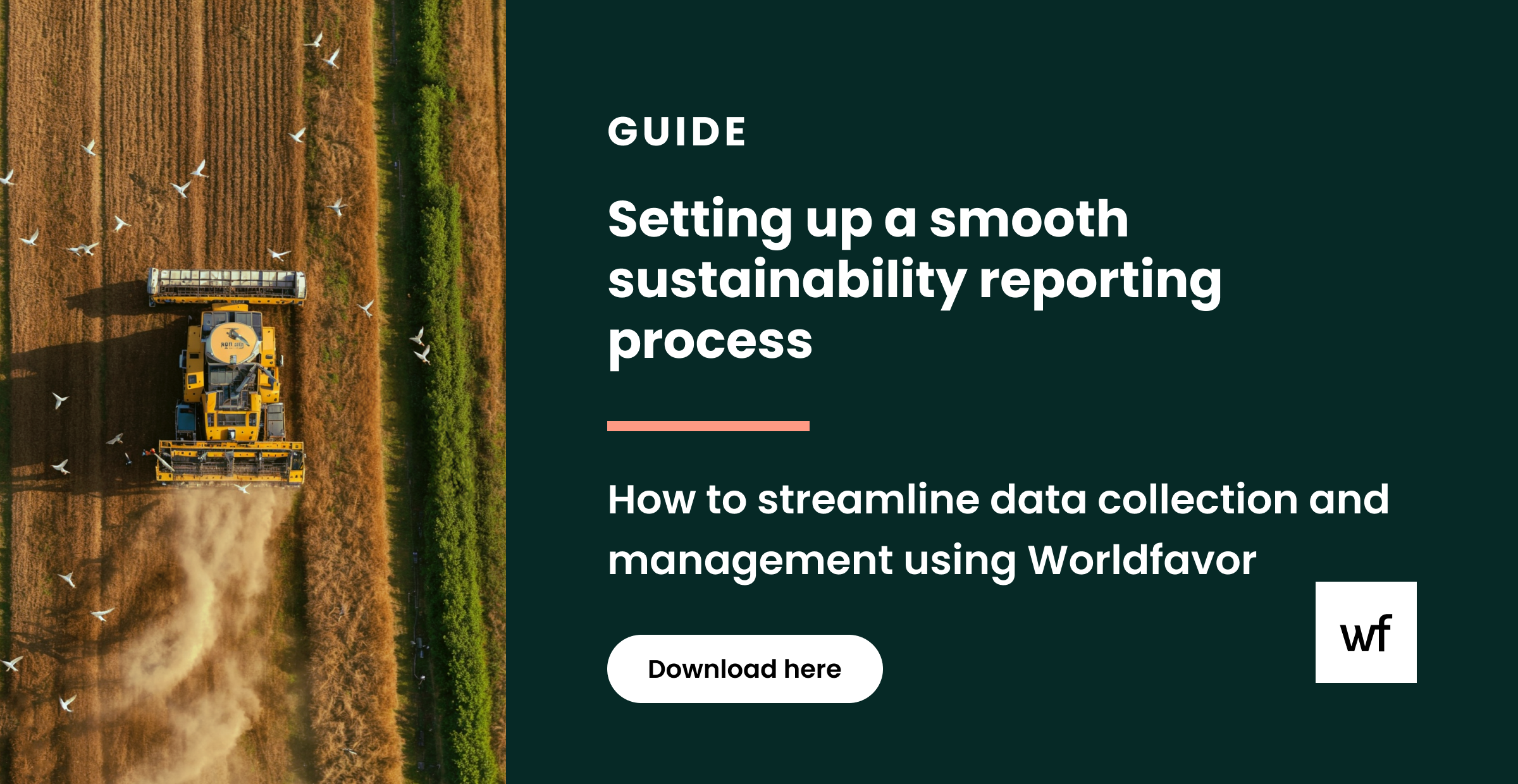
In an era of heightened awareness surrounding climate change, increasingly conscious consumers are demanding more transparency from the brands they love. Brands who choose to highlight their sustainability or social impact now have to prove it.
Consumers today are demanding transparency and integrity from the businesses whose products and services they buy. Younger generations even more so. A 2017 report by BoF and McKinsey found that 66% of millennials are willing to spend more on sustainable brands while 63% of shoppers reported abandoning a purchase due to concerns of sustainability.
Businesses have taken note and are adapting to the shifting landscape, but how do consumers know they aren’t just saying things? This was the subject of a detailed study published by the Mistra Center for Sustainable Research (Misum) at the Stockholm School of Economics (SSE). In the accompanying report, Walking The Talk?, the authors explore the sustainability communication of Nasdaq OMX Stockholm Large Cap companies in 2019.
The report studies the sustainability communication among Sweden’s largest listed companies, both with regards to what they say they will do, and what they say they have done – what an external stakeholder can derive from a company’s publicly available sustainability communication, as well as how sustainability is integrated into the business.
To summarize the findings, the authors conclude that Nasdaq OMX Large Cap companies – with a market value of 1 billion Euros or more – “continue to ‘talk’ more than they ‘walk’. Overall, 84 companies (88%) communicate more about their S/CR aspirations than about specific follow-up actions related to their communicated aspirations. This is an increase to the results published in 2017, where 83% talked more than they walked.”
Reporting is a central part of any company’s sustainability communication but it must be done right, with the business’ communicating the right way. “Reporting on environmental and social issues has become increasingly common over the past decades, with a significant increase over the last decade. S/CR reporting is a powerful tool for companies to communicate with their stakeholders on their efforts within S/ CR – and can be important to achieve legitimacy and brand the company as responsible, but also to serve as aspiration in a performative way.”
Reporting sustainability and compliance information about a business is no longer a practice reserved for Large Cap companies. Now any size of company can produce accurate reports with the information that their customers or other partners request from them. A reliable reporting system can help businesses feel confident enough to communicate to their stakeholders – both internal and external – that they are walking the talk when it comes to sustainability, and have the figures to prove it.
Related blog posts you might like:
- The Sustainability Buzzwords, Acronyms and Abbreviations You Need to Know
- Why SMEs should be reporting on the Sustainable Development Goals
- More Businesses Need to Report Their Climate Impact, Here's Why







%20as%20the%20deadline%20approaches.%20Learn%20about%20compliance%20requirements%2c%20potential%20delays%2c%20and%20key%20updates..png)

